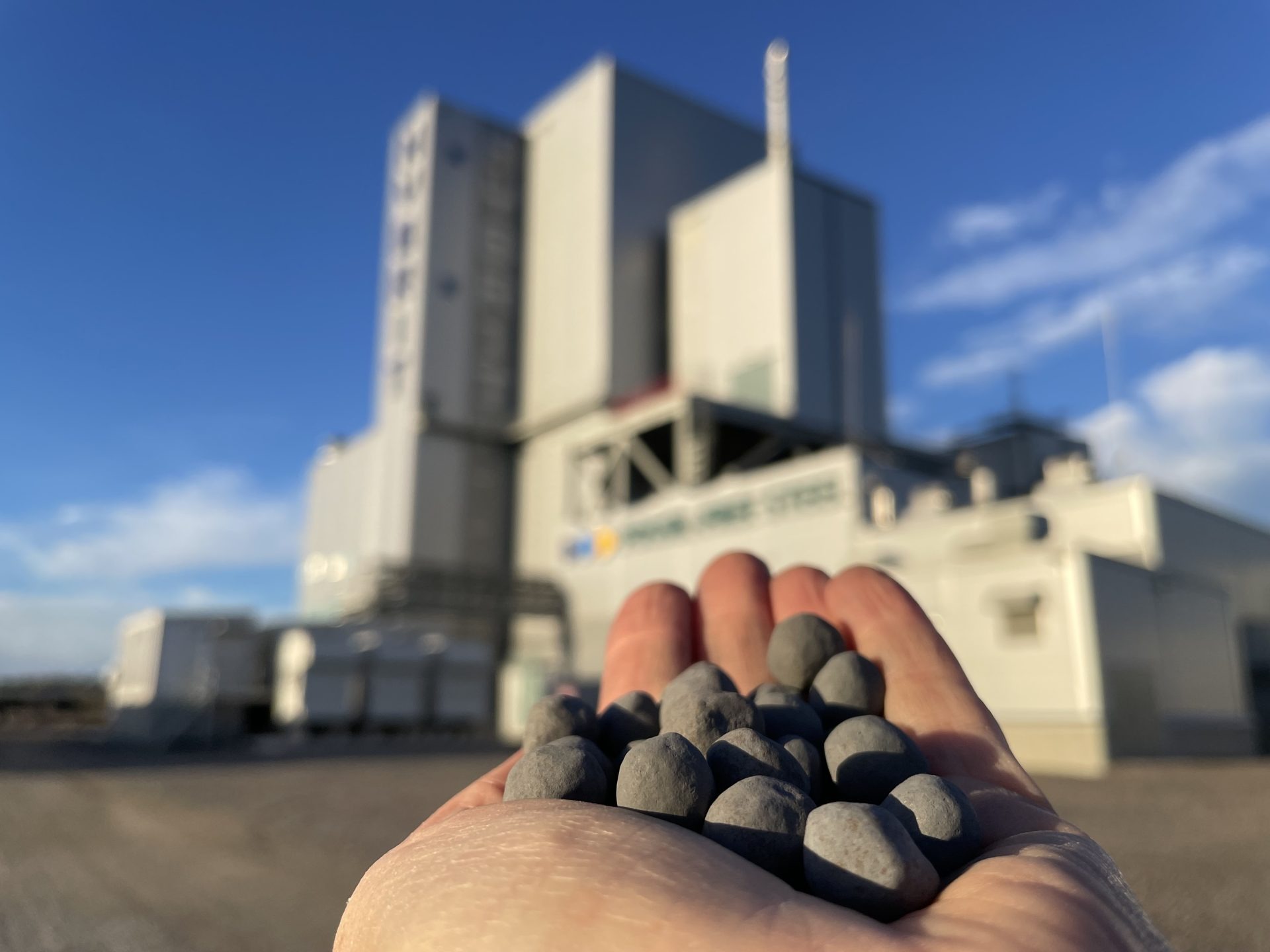SSAB has reached a global milestone in the decarbonization of the steel industry. The company announced that its product SSAB Zero™, manufactured with hydrogen-reduced sponge iron using HYBRIT® technology, now meets both the International Energy Agency’s (IEA) near-zero emission thresholds and the criteria set by the First Movers Coalition (FMC).
The breakthrough was unveiled at GE Vernova’s annual wind supplier conference, where it was also confirmed that SSAB Zero will be used in the company’s onshore wind towers in the United States.
A Breakthrough in Steel Production
SSAB Zero is produced at the company’s Montpelier, Iowa facility, where recycled scrap is combined with fossil-free electricity, biocarbon, and biogas. By introducing hydrogen-reduced sponge iron into the process, the steel now qualifies as near-zero emission according to IEA standards.
– This technical breakthrough demonstrates our market-leading position, said Chuck Schmitt, President of SSAB Americas. SSAB Zero provides our customers with the confidence that they do not have to compromise on quality while achieving their sustainability targets. Our partnership with GE Vernova reinforces our commitment to clean energy and a secure domestic steel value chain.
Driving a Greener Energy Economy
For GE Vernova, incorporating SSAB Zero is a key step in reducing the carbon footprint of its supply chain.
– GE Vernova and SSAB share a focus on innovation. Verified near-zero emission steel supports our mission to electrify and decarbonize the world, said Guy Lynch, Vice President of Wind Sourcing and Sustainability at GE Vernova.
The First Movers Coalition also highlighted the collaboration as a prime example of industry-led transformation:
– SSAB’s progress demonstrates industrial transformation, and GE Vernova’s leadership in procurement accelerates the impact, said Noam Boussidan, Program Director at FMC.
Toward Fossil-Free Steel
SSAB is committed to eliminating fossil carbon emissions from its operations and helping customers meet their climate goals. Beyond wind energy, SSAB Zero is being developed for use in automotive, mining, agriculture, construction, heavy equipment, transportation, and energy sectors.
With this achievement, SSAB not only takes a major step toward fossil-free steelmaking but also strengthens Sweden’s position as a frontrunner in the global green industrial transition.



